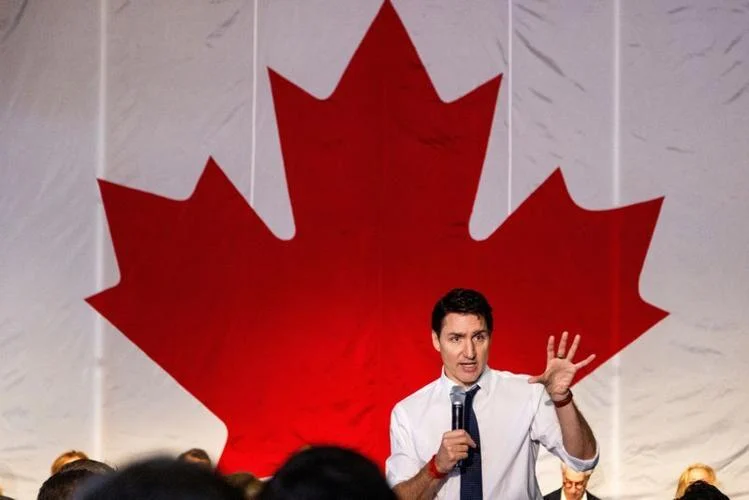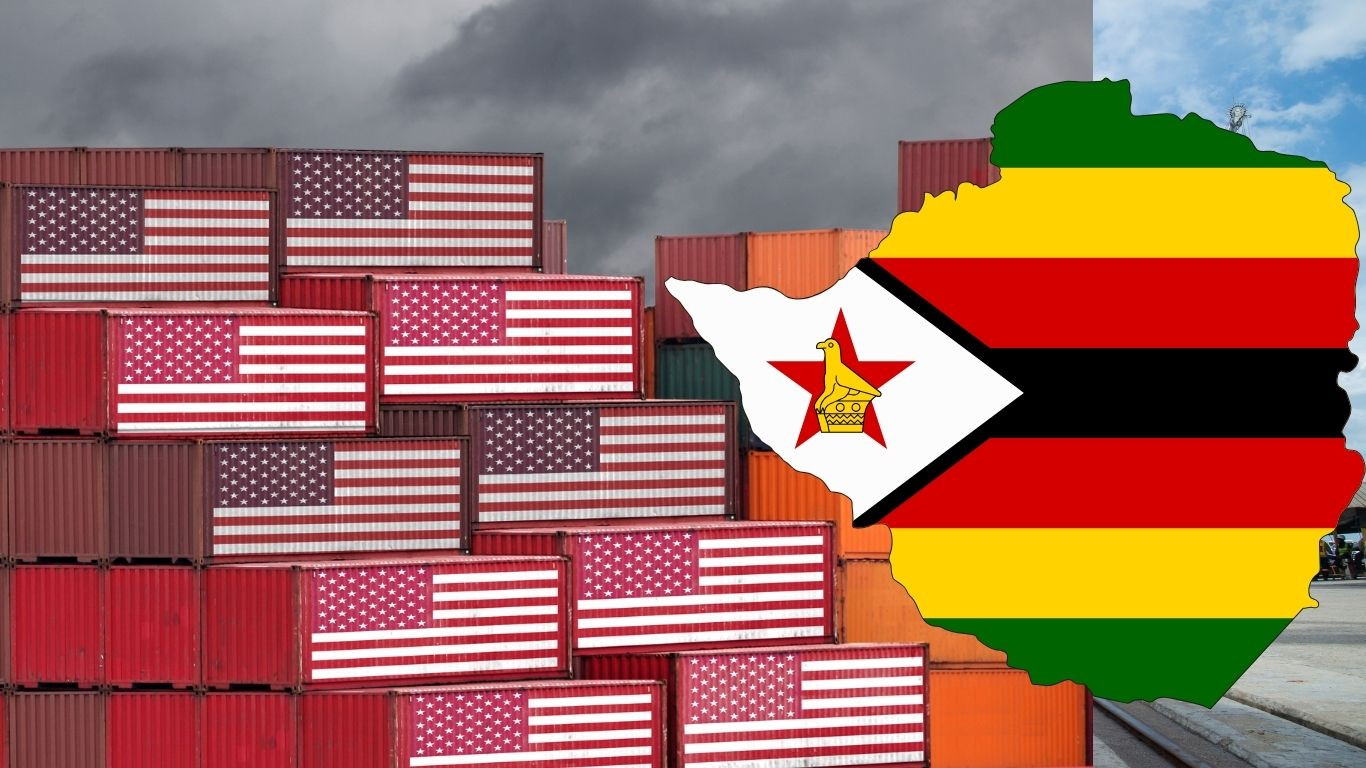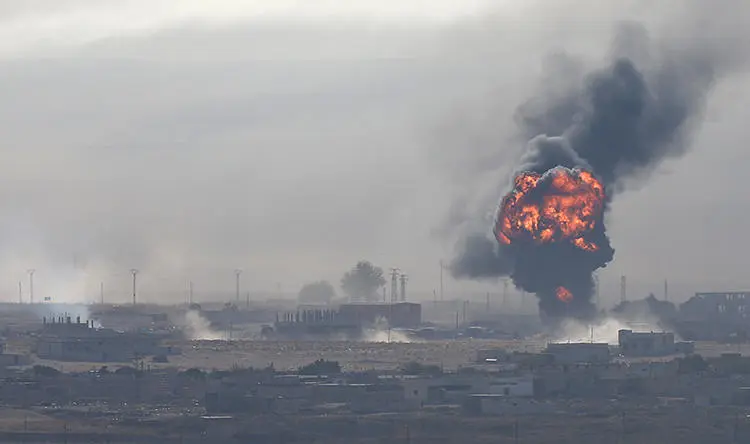Amid rising trade tensions with Washington, Canada and the European Union are set to explore closer economic cooperation on Wednesday. The move is part of a broader Brussels strategy to diversify trade partners and reduce reliance on the United States.
Canadian Prime Minister Justin Trudeau will meet with top EU officials in Brussels following US President Donald Trump’s decision to impose 25% tariffs on steel and aluminum imports.
Speaking to AFP on Tuesday, Trudeau emphasized Canada’s commitment to working with international partners to address the tariffs, pledging a “firm and clear” response if necessary.
With EU-US relations strained under Trump, the European Union has been actively positioning itself as a dependable trade partner for countries looking to expand economic ties.
“The situation is not going to get better,” said Ignacio Garcia, an international trade expert at Brussels-based think tank Bruegel. Given the uncertainty, he noted, the EU has “no other option” but to invest in developing alternative markets.
Shifting Trade Dynamics
The US currently accounts for approximately 20% of EU exports and 77% of Canada’s exports. Trump has already hinted at additional tariffs on automobiles, pharmaceuticals, and computer chips, while also making controversial comments about annexing Canada and Greenland, an autonomous Danish territory.
Brussels’ Global Trade Strategy
Anticipating a potential trade war, Brussels has been aggressively expanding its economic partnerships since Trump’s re-election in November.
Recent efforts include:
- A strengthened trade agreement with Mexico
- The resumption of free trade talks with Malaysia
- A new deal with the South American trade bloc Mercosur
- A more conciliatory approach toward China
- Plans for European Commission President Ursula von der Leyen’s team to visit India on its first overseas trip
On Monday, European Council President Antonio Costa spoke with South African President Cyril Ramaphosa about deepening trade ties. Costa emphasized that Europe is a “reliable and predictable partner,” subtly contrasting the EU’s stability with Trump’s unpredictable policies.
Further reinforcing its global outreach, the EU announced the “first-ever” EU-Central Asia summit, scheduled for April, following discussions with Kazakhstan’s president.
As tensions with the US escalate, Canada and the EU are increasingly aligning their trade strategies, signaling a shift in global economic alliances.




